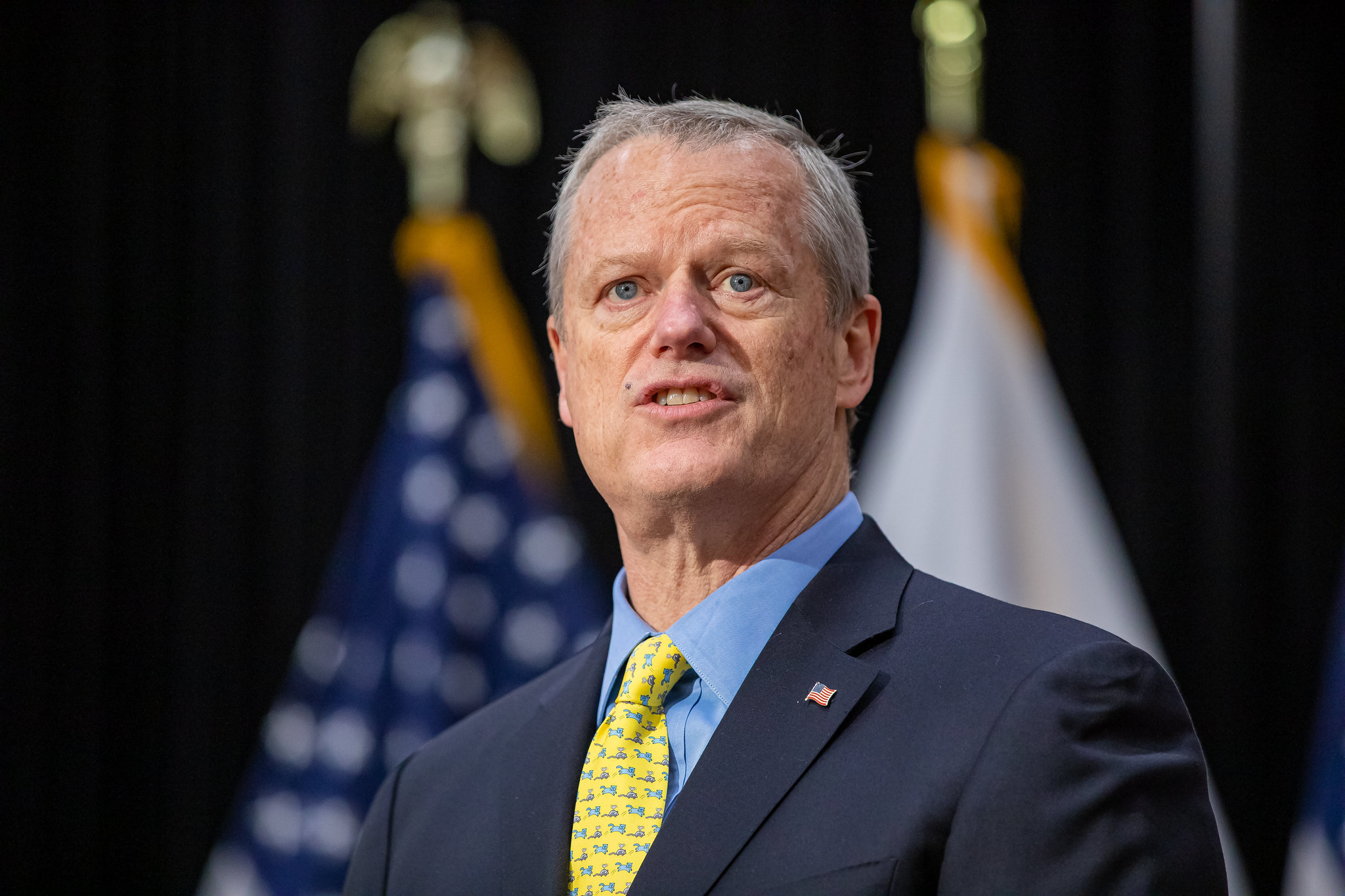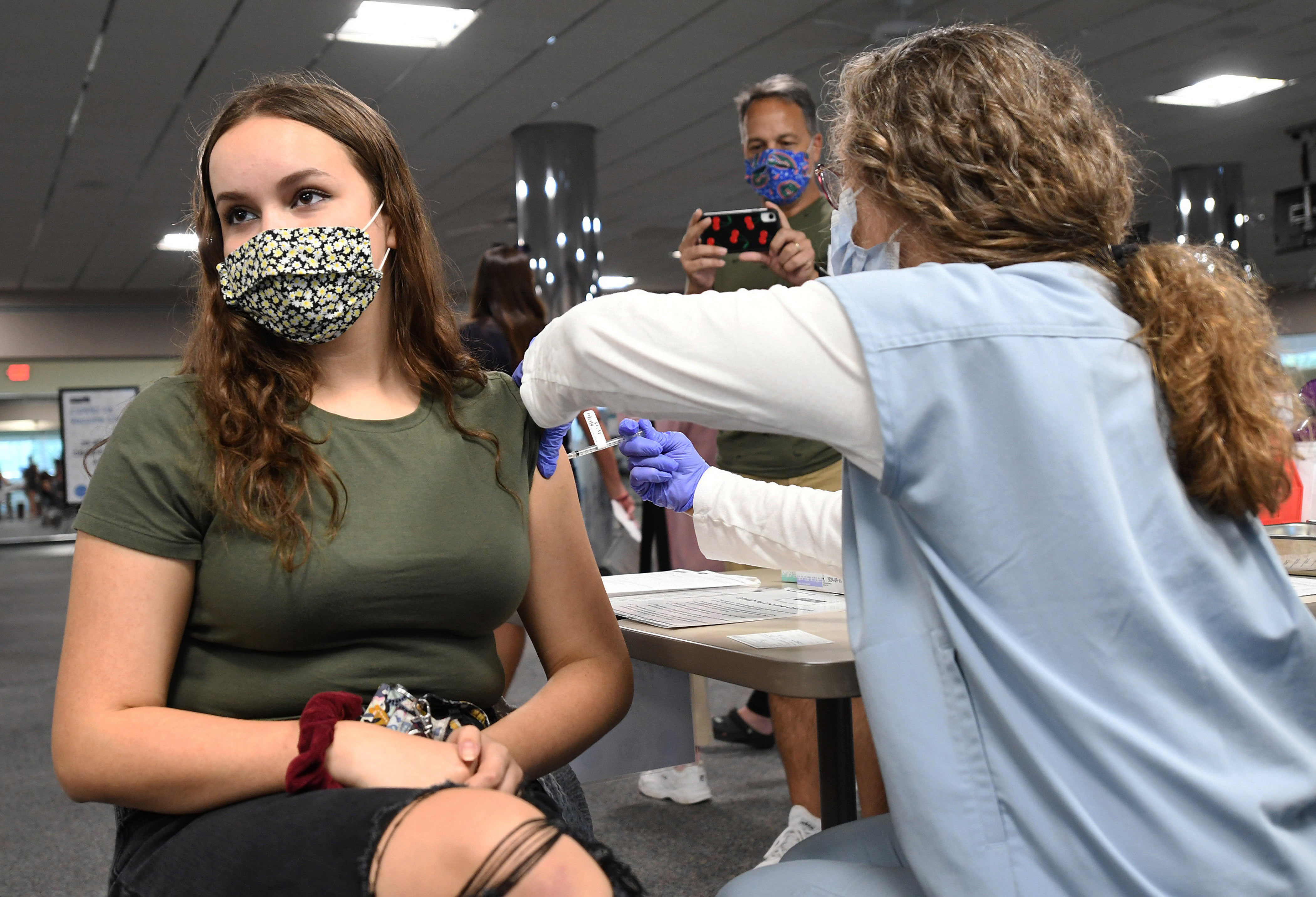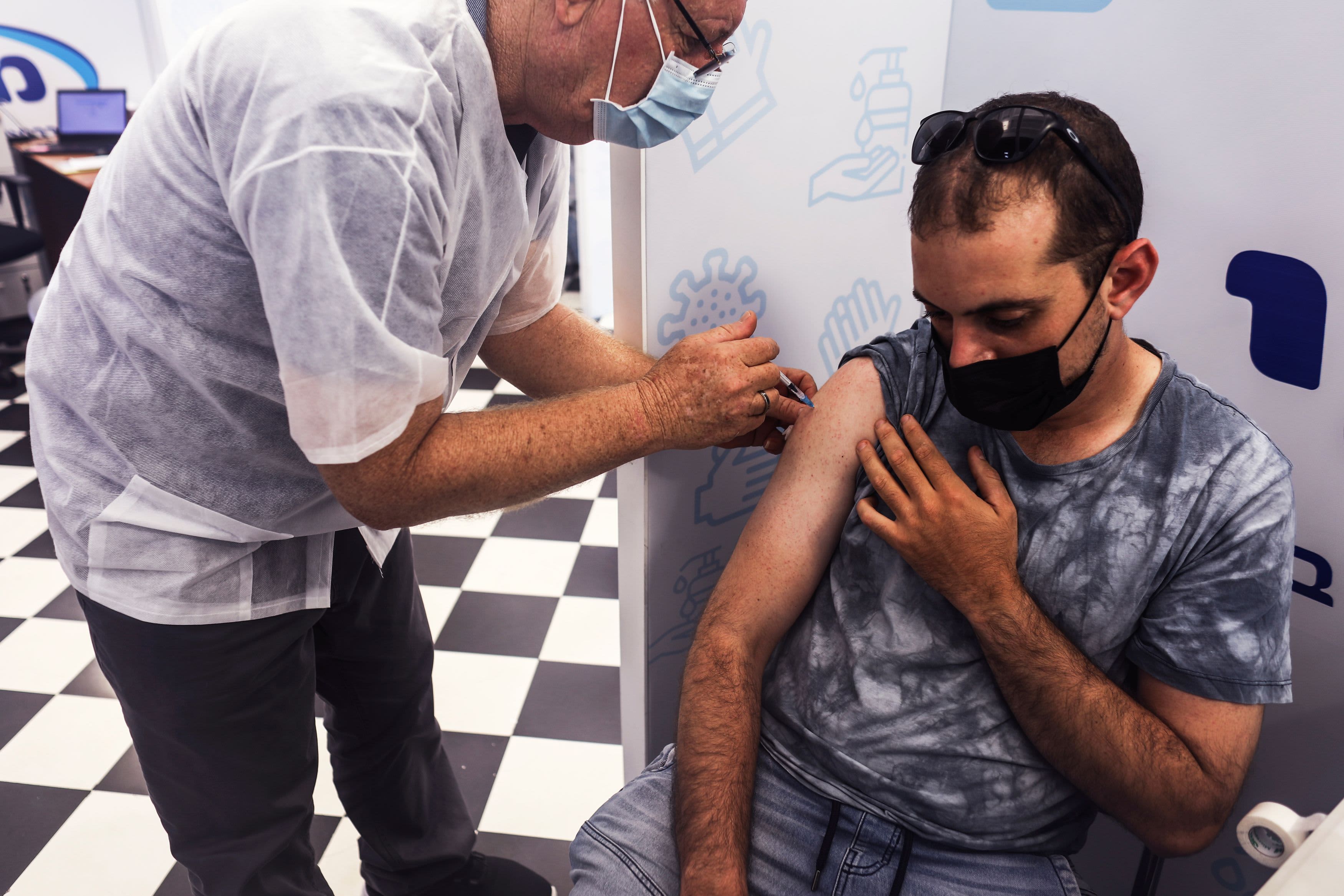Teachers, staff and children age 5 and older who are enrolled in state-licensed day care, after-school and out-of-school programs will be required to wear masks indoors starting after Labor Day.
The policy, approved unanimously by the Massachusetts Board of Early Education and Care, is consistent with the back-to-school policy rolled out last week by the state.
Children across Massachusetts are returning to in-person learning over the next couple of weeks.
Get Boston local news, weather forecasts, lifestyle and entertainment stories to your inbox. Sign up for NBC Boston’s newsletters.
The policy applies to adults regardless of vaccination status and does not have an expiration date. It includes parents at pick-up and drop-off. The EEC policy bulletin notes that, by federal public health order, all children over the age of 2 and staff are required to wear masks on child care transportation.
Children between the ages of 2 and 5 will be "strongly" encouraged to wear a mask indoors if they are able. No students would be required to wear a mask while eating or sleeping, and exemptions would be available for physical and behavioral health conditions that might make wearing a mask unsafe.
Gov. Charlie Baker, who held a news conference shortly before the vote, said he agreed with the approach.
"I think they're viewing that at this point in time as an appropriate measure as, you know, school starts and as people start incorporating more of those early ed programs into their daily lives, I think it makes sense," Baker said.
The board also voted to give Early Education Commissioner Samantha Aigner-Treworgy the authority to relax some of the early education teacher credentialing policies to increase the pipelines of people willing to take jobs in day care and after-school programs.
Aigner-Treworgy said she will present a formal plan to the board at its Sept. 14 meeting, but described the relaxed protocols under consideration as changes that would be temporary and would not detract from the health and safety standards.
"What we're hearing is that even as people think about compensation and addressing benefits, that it is a hard sell for people to come back into a workforce during a health crisis and be able to play this critical role for the commonwealth, but also accommodate their own needs around child care and their personal needs as they step back into the workforce," Aigner-Treworgy said.
Education Secretary Jim Peyser told several of the board members that should COVID-19 conditions reach the point where the board wanted to consider a vaccine mandate for early education teachers and staff, an order from the Department of Public Health would probably be required.
"There may come a moment when the data suggests we absolutely owe it to the children," said Chair Nonie Lesaux.
The Board of Elementary and Secondary Education voted 9-1 last week to allow Riley to impose an indoor school mask mandate for students, teachers and staff, regardless of vaccination status, though the public school order only runs through Oct. 1 for now, when middle and high schools may be able to lift the requirements if they have a at least an 80% vaccination rate.
Vaccines are not currently available for children under 12.
While the Department of Early Education and Care does not track enrollment or the ages of children participating in early education programs, the administration said that as of June 6 there were 209,102 slots at licensed facilities across the state.
In addition to center- and family-based day care programs, the policy will apply to licensed after-school programs run for children age 5 through 13 at community facilities like the YMCA.
"We're happy to see EEC is responding and giving clarity to the early education and care field that's working so hard every day to ensure smooth transitions for students and families," said Amy O'Leary, the Early Education for All campaign director at Strategies for Children.
Child care centers can already request mobile vaccination services, and EEC-licensed programs can order personal protective equipment through the state and have it delivered at no cost.
Free drive-through COVID-19 testing also continues to be available for the early education sector, and weekly pooled testing programs for staff, educators and children are being offered through Neighborhood Villages, with funding from EEC.




